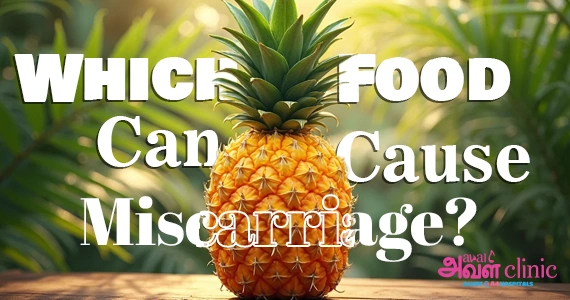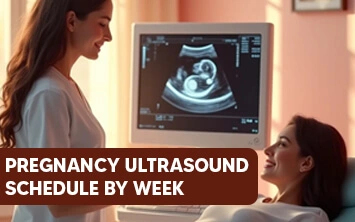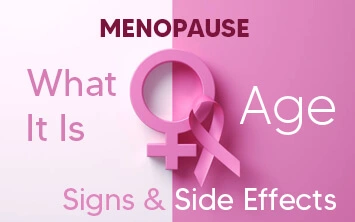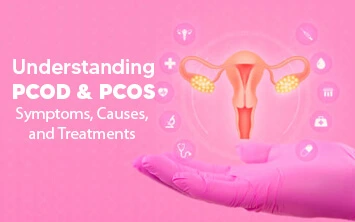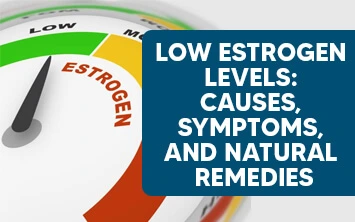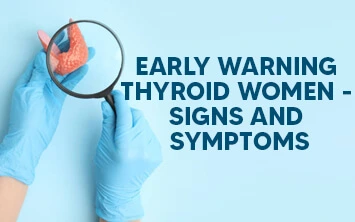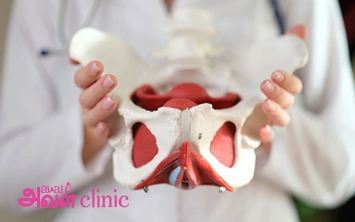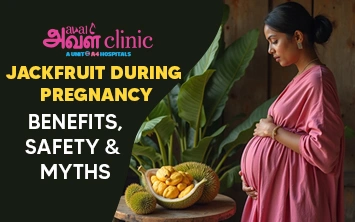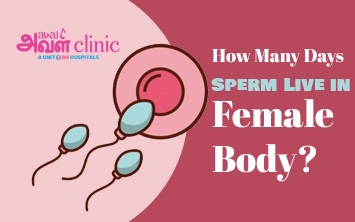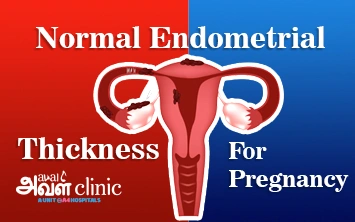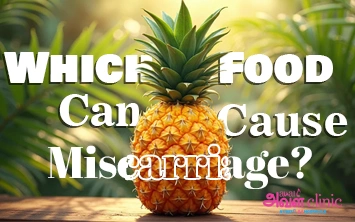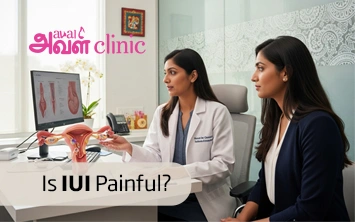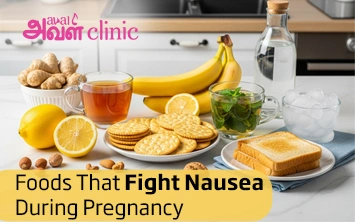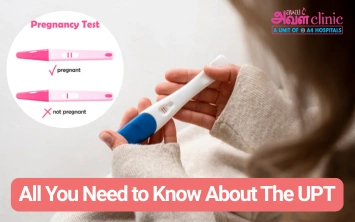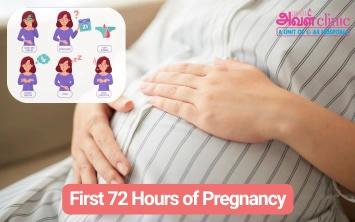Published on: July 24, 2025
Author: Admin
Miscarriages are the natural loss of pregnancy. It may take place any time before the third trimester of pregnancy. According to the recent study, miscarriages are a common occurrence among expectant mothers with an estimated percentage of 10-20 worldwide. The occurrence is most often associated with the 1st trimester of pregnancy.
Miscarriages can generally be caused by numerous reasons. Some of them may include genetic abnormalities in the fetus, pelvic infections in the expectant mothers, certain medical conditions, hormonal imbalances, and many more. Along with it, dietary habits can also be a part of this occurrence.
This blog comprises of which food can cause miscarriage and require cautiousness before consuming. So, let’s continue reading to be aware of it.
We will explore the things to avoid during pregnancy that cause miscarriage
Which Food Can Cause Miscarriage
A healthy dietary habit of the expectant mother is the outcome of a healthy pregnancy. The mindful eating habits are indeed helpful in supporting the well-being of both the mother and the developing baby. It largely helps to reduce the risk of complications during pregnancy and promote a full-term baby as well.
We have spoken a lot about the foods to consume while pregnant. But what about the foods that do not need to be consumed?
Listed below are some of the foods that can cause miscarriage.
Unpasteurized Dairy Products
Unpasteurized dairy products are referred to as uncooked or raw dairy products. In other words, the process of killing bacteria like Listeria. Listeria is a harmful bacterium that can reach the developing fetus through the placenta when consumed while pregnant. It can cause serious complications to the fetus like stillbirths, premature deliveries, and sometimes even miscarriages. Hence, the intake of products associated with unpasteurised dairy is largely restricted while pregnant.
Raw or Undercooked Meats and Seafoods
Meat and seafood eaten raw or undercooked can develop serious medical conditions, especially when consumed while pregnant. These foods have a significant possibility of containing parasites and bacteria. They can be harmful to the expectant mothers. In other words, it can cause foodborne illnesses. When consumed while pregnant, the illness can lead to preterm deliveries, developmental disabilities in the fetus, and even miscarriages.
Raw Eggs
The consumption of raw or undercooked eggs while pregnant can increase the risk of Salmonella infection. Salmonella is a kind of disorder found in both humans and animals. Those who are affected by the illness can develop gastrointestinal issues like stomach cramps, fever, and diarrhoea. The serious illness can lead to uterine contractions and dehydration, which are not good for pregnant women.
Fishes with High-Mercury
Fishes that are rich in mercury can also develop serious illnesses when eaten while pregnant. Fish like shark, king mackerel, and swordfish are higher sources of mercury. In Tamil, the name of shark is suraa. Whereas for king mackerel, it is either neimeen, vanjaram or kaanangkeluthi meen. And for swordfish, the name is vaalmeen.
In general, including fish in the pregnancy diet is beneficial as it contains omega-3 fatty acids and other nutrients. Conversely, high-mercury fishes can develop serious impairment in the developing baby’s nervous system. This may potentially lead to complications like preterm deliveries or miscarriages.
Excessive Caffeine
Having coffee a maximum of twice per day is considered safe. However, excessive amounts can pose serious issues for pregnant women. Studies show that having more than two cups of coffee per day can increase the risk of miscarriages. Hence, pregnant women are advised to limit their intake of coffee.
Pineapples
Unripe or raw pineapples eaten while pregnant can potentially pose the risk of miscarriages. This happens due to the bromelain, which is an enzyme present in the raw pineapple. The enzyme can be harmful for the developing fetus as it can soften the cervix and induce uterine contractions. Hence, this may increase the risk of either preterm delivery or miscarriage. Experts advise pregnant women to consume only ripe pineapple, that too in a limited amount, to reduce any potential complications.
Papayas
Similar to raw pineapples, raw papayas can also induce uterine contractions when consumed while pregnant. It occurs due to the latex and papain enzymes present in the raw ones. Consuming raw papayas can negatively impact pregnancy by causing complications like preterm deliveries or miscarriages.
Sprouted Potatoes
Sprouted potatoes have concentrated and increased levels of solanine compound. The compound acts as a toxin for the developing fetus in the mother’s womb. Sprouted potatoes, when eaten while pregnant, can potentially interfere with the growth of the fetus. It can sometimes even lead to early pregnancy loss.
Certain Spices
Certain spices like angelica and garlic contain compounds that can lead to blood thinning. Too much consumption of these spices can potentially cause pregnancy loss or uterine bleeding. Furthermore, it is also recommended to avoid spices like ajinomoto, fenugreek, and asafoetida to reduce pregnancy complications.
Herbal Teas and Supplements
Some herbal teas and supplements eaten during pregnancy have been reported to increase preterm deliveries or miscarriages. Herbal teas like chamomile tea and supplements like ginseng have the potential to interrupt the pregnancy hormone secretions. It is also stated that they have the possibility of causing uterine contractions. Both of which can lead to early pregnancy loss.
Need expert advice? Consult our doctors now!
Call Now: 80047 80048What are the Ways or Alternatives to Prevent Miscarriage?
Practice Good Hygiene
Practising good hygiene in the kitchen may significantly lessen the risk of exposing yourself to foodborne disorders. Having separate cutting boards to cut the raw meats or seafoods can largely prevent your meals from cross-contamination. It is also essential to wash vegetables or fruits carefully. This may potentially help with removing the majority of the pesticides, dirt, and parasites.
Avoid Processed Foods
You can consider avoiding processed foods, especially with additives, while pregnant. This is because it may contain excessive salt and preservatives, both of which may pose potential risks. The increased intake of preservatives or salt can lead to elevated blood pressure, gestational diabetes and other complications. It can also cause other serious complications. Hence, instead of consuming processed foods, you can opt for homemade chips with minimal salt, homemade savouries, and meals that are made with whole grains. This may significantly help with promoting a healthy pregnancy.
Choose Safe Alternatives
Choosing the safe food alternatives plays a key role in minimising the complications during pregnancy. You can choose to eat thoroughly cooked eggs instead of sunny-side-up eggs. You can opt for low-mercury fishes like tilapia, cod, and salmon instead of fishes that are high in mercury levels. Likewise, you can also choose pasteurised dairy products instead of unpasteurised ones.
Read Labels Carefully
It is highly suggested to read labels of the products you purchase from the market. Ensuring the ingredients used to prepare the food can primarily help with making the right decision of what to eat and what not to eat. You can avoid foods that contain more caffeine, soda or unpasteurized or raw products. As you already know, all of these can result in developing severe complications in the pregnancy.
Cook Thoroughly
Consider cooking thoroughly. It is the simple, yet most effective way to minimise the risk of foodborne disorders. You can avoid foods that are made from raw or partially cooked meats, seafood and eggs. For instance, foods like steak, sausages, sushi, tuna tartare, tiramisu, creams, and mayonnaise are some of the foods that are made with raw ingredients. They are a strict no while pregnant. Even when they are kept frozen.
Consult Your Healthcare Provider
It is always highly suggested to have a consultation with the healthcare provider before making any primary changes in your diet. They may significantly help you with personalised guidance for better pregnancy, especially if you have become pregnant through IVF treatment. Instead of relying on dietary rumours, speaking to the healthcare provider is recommended. They may provide you with the most authentic information on the best and worst foods for your pregnancy.
Summary
Pregnant women should be mindful of what they consume as their maternal body becomes sensitive during the journey. It is also significant to be mindful of their lifestyle habits. Managing stress, trying to be cheerful and calm the mind, making healthy food choices, and avoiding the habits of harmful substances like smoking and drinking. All these factors can play a huge role in promoting a healthy pregnancy, while reducing the risk of pregnancy complications.
Remember to talk to your healthcare provider if you are concerned about any changes in your body. Never try to hold back thinking it might be silly. Healthcare providers at A4 Fertility Centre will always ensure answering your concerns as they are committed to supporting expectant mothers all through pregnancy.

